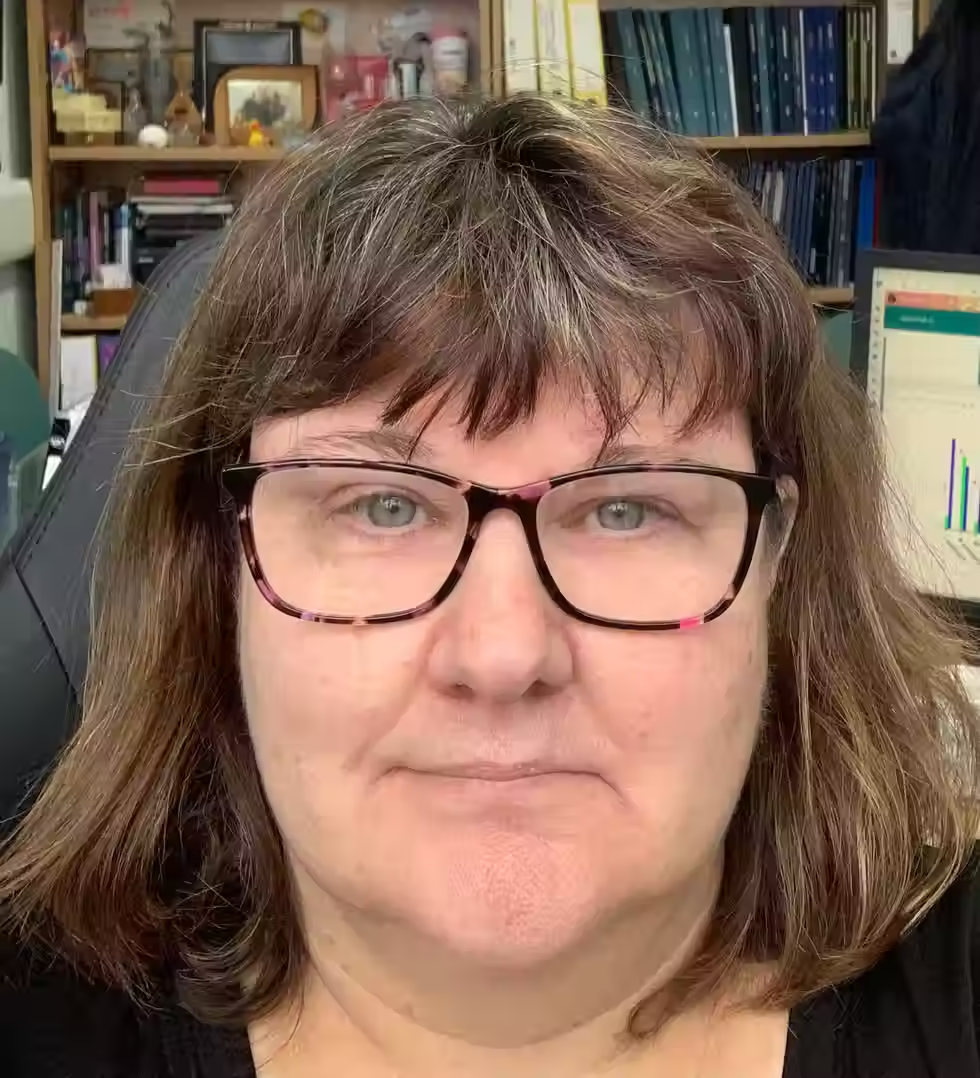Meet the Women Revolutionising Female Healthcare
- The Female Body
- Sep 4, 2024
- 4 min read
For International Women's Day 2024, Women's Health celebrated trailblazing women dedicated to transforming healthcare for women across the UK. From accelerating endometriosis diagnoses to improving menopause support, these leaders are making a profound impact on female health.
Here, they share their stories and missions in their own words.
Tinuke Awe and Clotilde Abe, Founders of FIVEXMORE

In the UK, Black women are over four times more likely to die during pregnancy or childbirth than their white counterparts. Tinuke Awe and Clotilde Abe are confronting this alarming disparity through their work with FIVEXMORE.
What is your mission?
FIVEXMORE is committed to improving maternal health outcomes for Black women and birthing people in the UK. Founded in 2019 by two mothers with a shared vision, we aim to address the systemic inequities in maternal healthcare.
Which of your achievements are you most proud of?
We’ve successfully put Black maternal health on the agenda in Parliament and mainstream media. Our 2020 petition, which garnered 187,000 signatures, led to the first-ever Parliamentary debate on Black maternal health. We also established the Black Maternal Health All-Party Parliamentary Group in 2021.
What are your hopes for the future?
We hope FIVEXMORE becomes obsolete because that would mean maternal health disparities have been eliminated. For this to happen, women's voices and experiences must be centered in healthcare discussions.
Dr. Sonia Adesara, Campaigning GP

Dr. Sonia Adesara is a passionate advocate for progressive healthcare reforms. From opposing the privatisation of the NHS to extending free school meals, her most recent work focuses on expanding abortion rights through Doctors for Choice UK.
What is your mission?
Doctors for Choice UK is a collective of healthcare professionals and students advocating for the full decriminalisation of abortion across the UK. We aim to integrate comprehensive abortion care into the core curriculum of all UK medical, nursing, and midwifery schools, thereby destigmatising abortion.
What are your proudest achievements?
Under the leadership of Drs. Jayne Kavanagh and Hayley Webb, we’ve built a network of healthcare professionals passionate about improving abortion care. This year, we launched a campaign for decriminalisation, featuring protests, public projections in London, and an impactful Queen-inspired music video.
What are your hopes for the future?
We hope abortion becomes fully decriminalised, allowing it to be regulated like any other healthcare service. We also aim to eliminate the stigma surrounding abortion, enabling open conversations without guilt or shame.
Dr. Barbara Guinn, Biomedical Scientist

Endometriosis affects one in ten women, with an average diagnosis taking eight years. Dr. Barbara Guinn has identified proteins in urine that could revolutionise diagnosis, paving the way for a rapid urine test called EndoTect.
How did it feel to identify the proteins indicating endometriosis?
Discovering these proteins was exciting, but we remain cautious as we continue to optimize the test. Our goal is to ensure EndoTect accurately identifies both the presence and absence of endometriosis.
What could this mean for those suffering from endometriosis?
EndoTect could drastically reduce diagnosis times, allowing women to receive appropriate treatment much sooner. This would not only alleviate symptoms but also lessen the long-term impact on overall health, mental wellbeing, and economic productivity.
What are your hopes for the future?
I hope EndoTect can reduce the eight-year diagnostic delay to mere moments, providing quick validation and appropriate treatment for patients. However, to advance endometriosis research, we need more funding, as we currently compete for limited resources in a challenging financial climate.
Diane Danzebrink, Menopause Expert

A few years ago, conversations about menopause were rare. Diane Danzebrink has worked tirelessly to change that, founding the #MakeMenopauseMatter campaign and Menopause Support, a not-for-profit offering both individual support and organizational training.
What is your mission?
My mission is to ensure everyone receives the right information about menopause at the right time. This empowers those directly affected to make informed decisions and those indirectly affected to offer better support.
What are your proudest achievements?
I’m proud to have supported thousands of women and their families and to have successfully campaigned for menopause to be included in England’s school curriculum and medical training. My booklet, "Understanding Menopause," has been widely adopted by healthcare professionals.
What are your hopes for the future?
I hope the remaining goals of the #MakeMenopauseMatter campaign—mandatory GP training on menopause and a national public health campaign—are realised. These cost-effective measures could significantly improve lives and reduce NHS costs. Globally, we must ensure menopause education and support are available to all, not just the few.
Prof. Pragya Agarwal, Author of *Hysterical: Exploding the Myth of Gendered Emotions

Prof. Pragya Agarwal, a behavioral and data scientist, focuses on the intersection of healthcare, gender, and social justice. Her work challenges biases in healthcare, particularly those affecting marginalized and minoritized women.
What is your mission?
My mission is to make healthcare, especially reproductive healthcare, as inclusive as possible. My research and writing highlight the impact of healthcare biases on marginalized women, revealing how power imbalances and gendered emotions contribute to medical discrimination.
What are your proudest achievements?
I’m proud of the conversations sparked by my books—*SWAY, (M)otherhood,* and *Hysterical*—which explore biases in healthcare and the impact of gendered emotions on medical treatment. Engaging with policymakers and healthcare professionals worldwide has been another significant achievement, though the work has only just begun.
What are your hopes for the future?
I hope to shift both individual and institutional biases to make healthcare safer for women and marginalised groups. This requires a fundamental overhaul of medical training, which is currently steeped in gendered and racial biases. Ultimately, I want more women involved in policymaking, challenging the dominance of white, middle-class men in leadership positions. While this won’t solve everything, it’s a crucial step toward more equitable healthcare.
Note: Originally published by Women's Health.

Commentaires